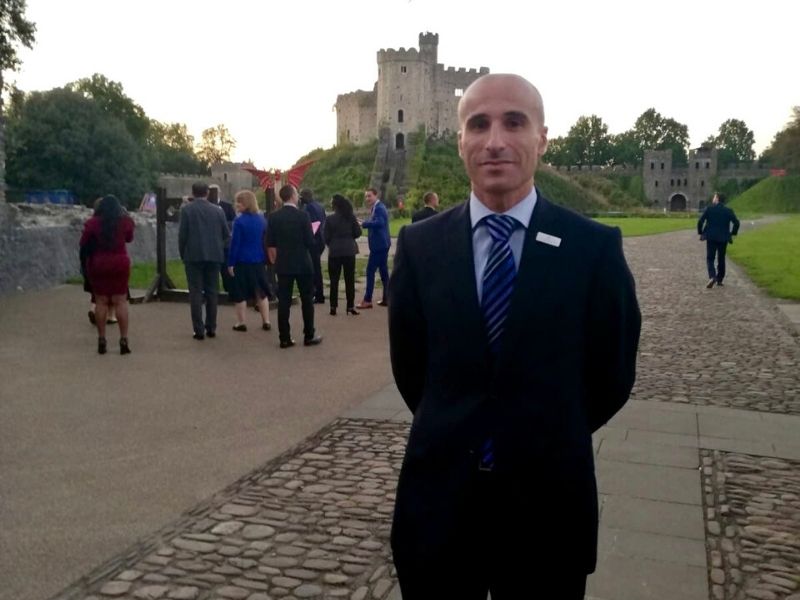White smoke is billowing out from the police headquarters in Floriana – Habemus papam. The name of the new pope has been announced and it is Angelo Gafa’. After all, the motto of the police force is Domine Dirige Nos (Lord guide us).
Gafa was ordained by Joseph Muscat many moons ago – it is an open secret as many police officers will tell you.
His name came up as a result of a convoluted process thought up by Prime Minister Robert Abela who tried to give the impression that he was acting on the recommendations of the Venice Commission.
In reality, he totally bypassed the spirit of the Venice Commission’s report as well as the intent of the experts who compiled the report.
The only part of the process that is in full conformity with the Venice Commission’s report is that the appointment of the new police commissioner followed a public competitive process. However, the process was not an independent one and was never intended to be.
The candidates were initially shortlisted by the Public Services Commission whose members are mainly government-appointed.
The list was then whittled down to two and the prime minister had the final say. It is not yet known who the other candidate was nor how the PSC ranked the other candidates, let alone the basis of their decision. It is not known how and why the Prime Minister chose Gafa’ – the rest of the applicants were also not told either.
A parliamentary group – Public Appointments Committee – is involved at the decision-making stage and the majority of its members are government-appointed.
Transparency should have been a primary consideration in the process. As former Police Commissioner Lawrence Cutajar and Assistant Police Commissioner Silvio Valletta are both implicated in the assassination of journalist Daphne Caruana Galizia, together with Assistant Commissioner Ian Abdilla’s failure to investigate corruption cases, it will be hard for the police to regain the public’s trust.
One of the underlying concern’s of the Venice Commission was that the prime minister currently enjoys excessive powers when appointing public officers and recommended that these powers are reduced, not retained or increased. Logically, Abela should not be involved at all in the appointment process of the police commissioner and the process should be beyond his sphere of influence.
This is absolutely not the case.
At first glance, Gafa’s CV may seem adequate for the post but any experienced recruiter will tell you that the listed positions are only part of the story – especially for high level positions. The key question is: what did the candidate achieve in each previous role? The answer: Gafa’ in his years as CEO of the Force achieved nothing of note.
In his role as CEO, he could see the rampant corruption in the highest echelons of the police force and, as a former inspector at the Economics Crimes Unit, he must have realised that things were amiss once the Panama Papers were out, and were not followed upon.
Yet he stood by, silent. So why should we expect anything different from him as Police Commissioner? This is, after all, a government of “continuity”.












